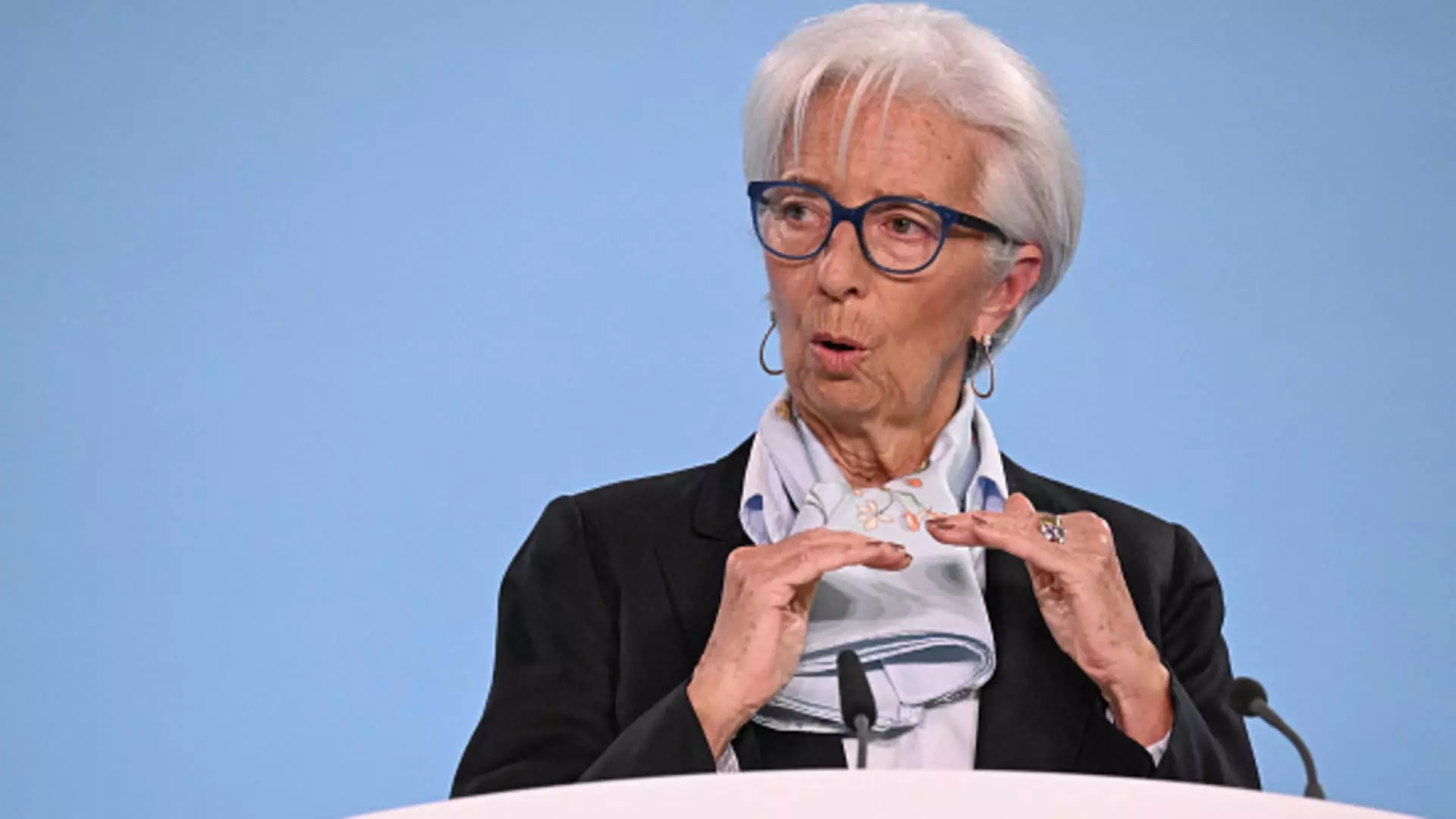In the world of central banking, decisions on interest rates can have a significant impact on the global economy. The European Central Bank’s (ECB) potential divergence from the Federal Reserve’s stance on interest rate cuts has raised concerns among economists. This article will explore the potential implications of such a move and the various factors at play.
The ECB is expected to cut interest rates in June, based on recent inflation data and economic indicators. The central bank’s decision to lower rates is aimed at stimulating economic growth and boosting lending activity. However, this move could have unintended consequences for the euro zone, particularly if it diverges from the Federal Reserve’s approach.
Impact on the Euro Zone
Economist Daniel Lacalle has warned that a premature rate cut by the ECB could have negative implications for the euro zone. He believes that a weaker euro would increase the import bill for the region, creating additional challenges for economic growth. Lacalle emphasizes that interest rate cuts alone may not be enough to spur credit demand and investment in countries like Germany, France, and Spain.
Inflation Target Challenges
The Federal Reserve has maintained a cautious approach to interest rate adjustments, citing concerns about meeting its inflation target. The central bank’s decision to hold rates steady reflects its commitment to ensuring sustainable economic growth and price stability. The ECB’s divergence from this approach could signal a lack of confidence in the euro area’s economic prospects.
ECB President Christine Lagarde has expressed confidence in the central bank’s ability to navigate the current economic challenges. She has indicated that the ECB may consider a rate cut in the near term, depending on external factors. Lagarde’s reassurances suggest that the ECB is monitoring the situation closely and is prepared to act if necessary.
Economic Headwinds in the Euro Zone
Despite recent economic growth in the euro area, concerns remain about the region’s energy policy and regulatory framework. Lacalle argues that these factors, rather than interest rates, are the primary drivers of economic weakness. Addressing these structural issues could be crucial to unlocking the euro zone’s full economic potential.
As the ECB contemplates a potential interest rate cut, the implications for the euro zone are complex and multifaceted. Balancing the need for immediate stimulus with the long-term sustainability of the economy will be a key challenge for policymakers. By addressing underlying structural issues and aligning with global economic trends, the ECB can navigate the current uncertainties and support the euro zone’s growth trajectory.

Leave a Reply